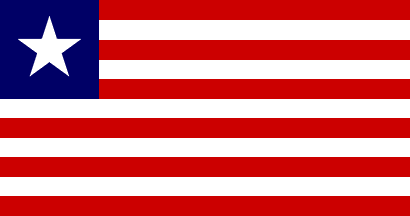
Last week Mr Steven Kuo, a Visiting Associate at the Centre for African Studies at the University of Cape Town, gave a talk on his paper that looked at the Chinese position on United Nations intervention and its engagements in Liberia.
His paper discusses how the Chinese government view the efforts of the United Nations in post civil-war Liberia and the role that China plays in Liberia today. The people of Liberia experienced untold misery through two brutal civil wars between 1989 and 2003. These two wars claimed close to 150 000 lives and displaced 850 000 people.
In September 2003, the then UN Secretary General Kofi Annan recommended the deployment of peacekeeping troops to Liberia and this was approved by the UN Security Council. About 15 000 military personnel were sent on the Peace Keeping Mission in Liberia.
The aim of this mission was to assist the government of Liberia with conducting elections as well as developing a peace-building strategy that integrates political objectives, programme assistance and human rights considerations.
According to Mr Kuo the Liberian government, academia and civil society are widely skeptical and dissatisfied with Western liberal peace. Programmes from running elections to Disarmament, Demobilisation and Repatriation are run from the top down and do not consider local contexts.
Although China has a tradition of being against interventions from the West, it does not want to challenge the West in their peace building efforts in Liberia. It has been exceedingly cautious and conservative in its general dealings with the UN.
China has adopted a position of non-interference, focusing on infrastructure building and skills training. “Because China has relative inexperience in peace building projects, they have decided to focus on infrastructure, transport and healthcare,” he said. Liberians welcomed this because that is precisely what Liberia urgently needs.
Mr Kuo is leaning more towards the Chinese approach of non-interference as the solution to Liberia's problems. “The Liberians must be left alone to get on with it,” he said. However, more ought to be done from the Liberian side to contractually oblige Chinese companies to transfer skills to local people and to employ local people in their projects in Africa.
What is clear to Mr Kuo is that no foreign aid, whether it’s conditional upon good governance from the West or bridges and roads from the Chinese will be able to solve Liberia’s problems. The solution needs to come from within.
Mr Kuo is a PhD candidate with the School of International Relations at the University of St. Andrews in Scotland. His PhD thesis examines the discourses and identities of China's African Security Policy from 1989 to 2010.
By Nompumezo Makinana
